4 Trends Shaping Hotel Construction in 2025 and Beyond
As the hospitality industry evolves, the construction of hotels is undergoing significant transformations. With a focus on meeting the demands of a new era, industry professionals are seeking to stay competitive and innovative. By 2025, the landscape of hotel construction will be defined by key trends that influence design, technology, sustainability, and guest experiences. These trends not only reflect the changing preferences of travelers but also aim to address global challenges such as environmental concerns and cultural integration. This article delves into the pivotal trends shaping the future of hotel construction, providing insights for industry stakeholders to navigate and thrive in this dynamic environment.
1. Sustainable Design Practices
Sustainability has become a crucial consideration in construction, driven by both environmental responsibility and guest demand. Green building certifications, such as LEED, are gaining prominence, pushing developers to adopt energy-efficient designs and practices. These certifications ensure that hotels meet strict environmental standards, offering marketing advantages alongside cost savings. By focusing on eco-friendly materials and sustainable sourcing, hoteliers not only enhance the guest experience but also reduce their carbon footprint. The integration of energy-efficient technologies further underscores the industry's commitment to sustainability and innovation in design.
Eco-friendly materials are no longer a novel concept but a necessity in modern hotel construction. From recycled steel to sustainably sourced wood, these materials are integral to reducing environmental impact and appealing to eco-conscious travelers. By incorporating natural elements and biophilic design, hotels create a serene atmosphere that connects guests with the environment, enhancing their overall experience. Water conservation techniques, such as low-flow fixtures and smart irrigation, contribute significantly to reducing water usage without compromising guest comfort. The embrace of these sustainable practices reflects the industry's shift towards longevity and environmental stewardship.
Incorporating nature into hotel design is transforming guest spaces into tranquil retreats. Biophilic design principles use natural elements like plants and water features to boost both aesthetic appeal and mental well-being. Hotels are progressively adopting strategies like green roofs and living walls, merging built environments with nature for a harmonious experience. This trend not only benefits the guests but also improves building performance in areas such as insulation, air quality, and noise reduction. As sustainability takes center stage, the blend of nature and architecture becomes a hallmark of modern construction.
2. Technology Integration
The integration of advanced technology in hotel construction is revolutionizing the guest experience. Smart room technologies, such as voice-activated controls and personalized settings, offer convenience and tailor experiences to individual preferences. Additionally, AI and robotics are being deployed to handle guest services, enhancing efficiency while maintaining a personalized touch. These technologies streamline operations and free staff to offer more attentive service, a balance of innovation and hospitality. The surge in connectivity and IoT devices ensures guests stay seamlessly connected, addressing modern travelers' growing reliance on technology.
Technology's role extends beyond guestroom conveniences, impacting overall hotel management. Advanced building management systems optimize energy use and ensure comfortable environments, reducing operational costs while supporting sustainability goals. Virtual reality offers guests personalized experiences, allowing them to explore hotel amenities and surroundings from the comfort of their homes before booking. This pre-arrival engagement sets the stage for memorable in-stay experiences that align with individual desires. With technology at the forefront, hotels are improving not only efficiency but also guest satisfaction in a competitive market.
According to Construction Today, the U.S. hotel development pipeline reached a post-pandemic high in Q4 of 2024, with 6,378 projects comprising 746,986 rooms, reflecting a 7% increase in projects and an 8% increase in rooms compared to the previous year. This surge underscores the optimism in the sector and the drive towards innovation in hotel construction. Enhanced connectivity and IoT devices are playing a pivotal role in this expansion by augmenting operational efficiency and guest engagement. By aligning construction projects with cutting-edge technology, stakeholders prepare for a future where digital advancements are pivotal to success.
3. Flexible and Adaptable Spaces
The demand for flexible and adaptable spaces in hotels is escalating, driven by changes in work patterns and guest preferences. Modular construction techniques are gaining traction, enabling faster build times and customization in design. Such methods support scalability and cost-efficiency, allowing hotels to quickly adapt to market demands. Multi-functional common areas are designed to serve diverse needs, from social gatherings to business meetings, enhancing the hotel's utility and appeal. This adaptability ensures that hotels can cater to varied guest expectations, from leisure to business travelers, without compromising on style or functionality.
Integration of co-working spaces within hotel environments addresses the burgeoning trend of remote work. As the work-from-anywhere culture persists, hotels are providing communal workspaces equipped with the latest communication technology. This shift reflects a response to guests' changing lifestyles, offering spaces that merge leisure with productivity. Easily reconfigurable rooms further support this trend, allowing hotels to switch layouts based on occupancy and guest requirements. Such versatility in design positions hotels as dynamic hubs that cater to modern living and work trends, offering unique value propositions.
Addressing changing customer preferences requires foresight and innovation in space utilization. Hotels are investing in transforming rooms and public areas to accommodate shifting expectations, emphasizing comfort and convenience. The implementation of design strategies that allow for seamless transitions between different configurations enhances guest experiences. This approach not only appeals to individual guests but also allows hotels to host larger events and gatherings without extensive renovations. By prioritizing flexibility, the hospitality sector ensures long-term viability and competitiveness in a rapidly evolving market landscape.
4. Health and Wellness Factors
Health and wellness have emerged as critical considerations in hotel construction, influencing design and amenities. Enhanced air quality systems and ventilation ensure guests enjoy cleaner, fresher air during their stay, aligning with rising health awareness. Wellness-oriented amenities such as fitness centers, spas, and relaxation zones are being integrated into hotel designs to cater to health-conscious travelers. Recognizing the importance of mental well-being, hotels are creating mindfulness and relaxation spaces, offering guests opportunities to rejuvenate and unwind. These factors collectively contribute to an environment where guests can focus on their well-being, boosting overall satisfaction and loyalty.
Soundproofing is a crucial element in enhancing guest comfort by ensuring privacy and restfulness, critical for both leisure and business travelers. The implementation of noise-reducing technologies is becoming standard in hotel design, reflecting a commitment to serene environments. Health-certified building standards are also gaining prominence, reflecting efforts to create safe, healthy spaces for guests and staff. These standards encompass factors like air quality, water purity, and reduced exposure to harmful materials. By adhering to these guidelines, hotels are prioritizing their guests' health, setting new benchmarks for safety and comfort.
The focus on health and wellness is indicative of a broader trend towards holistic guest experiences. Hotels are responding to the growing awareness of health and wellness gains by incorporating features that address both physical and mental well-being. This includes opportunities for recreation, relaxation, and rejuvenation, fostering an environment conducive to wellness-focused getaways. The integration of these elements into construction not only enhances appeal but also establishes the brand's commitment to guest health, crucial for sustaining competitive advantages.
The trends shaping hotel construction highlight the industry's transformation towards sustainability, technology, flexibility, health, culture, and regulatory adaptation. Each trend not only offers opportunities to enhance guest experiences but also presents challenges that require innovative solutions. Contact Construction Services Inc today for more information.
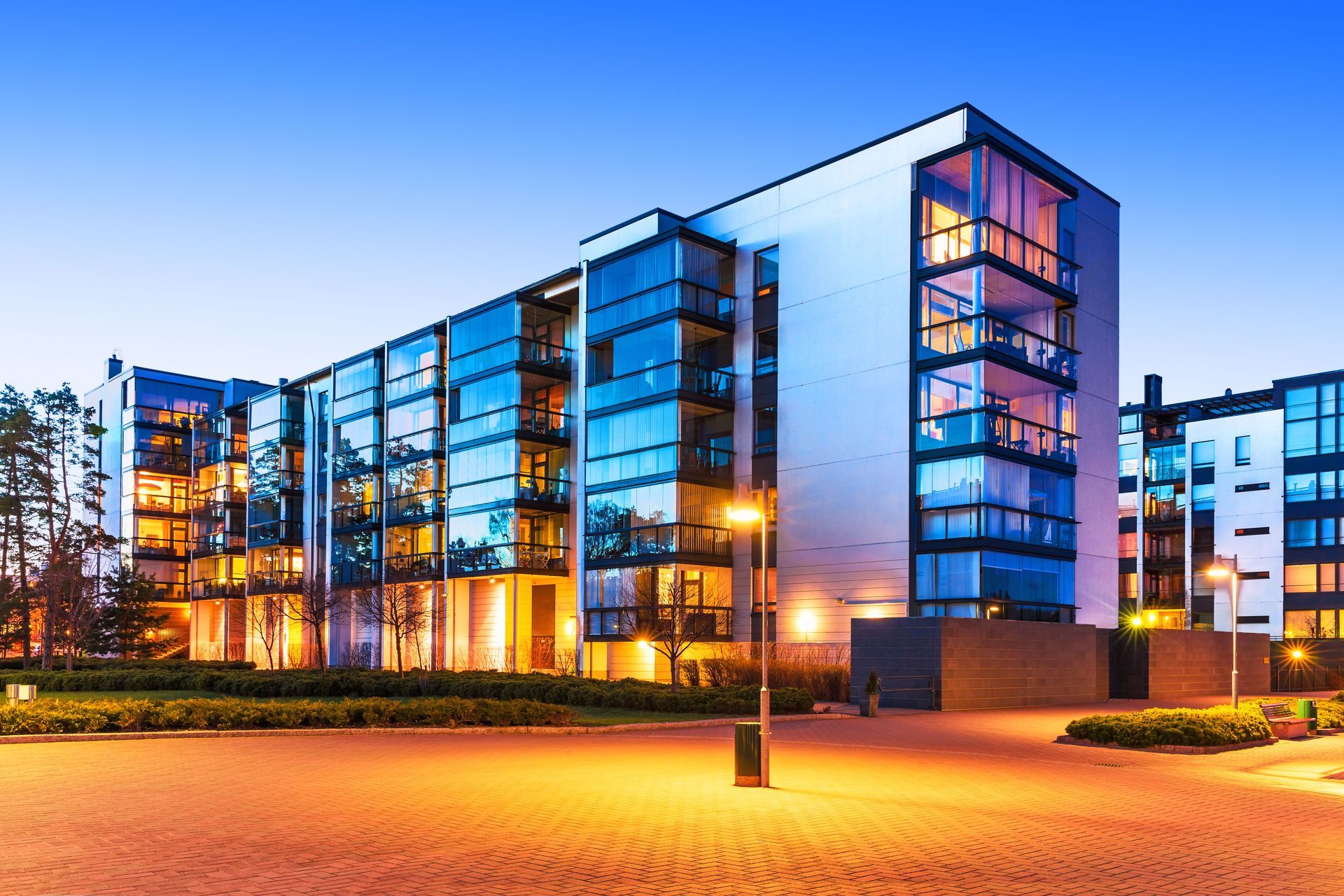
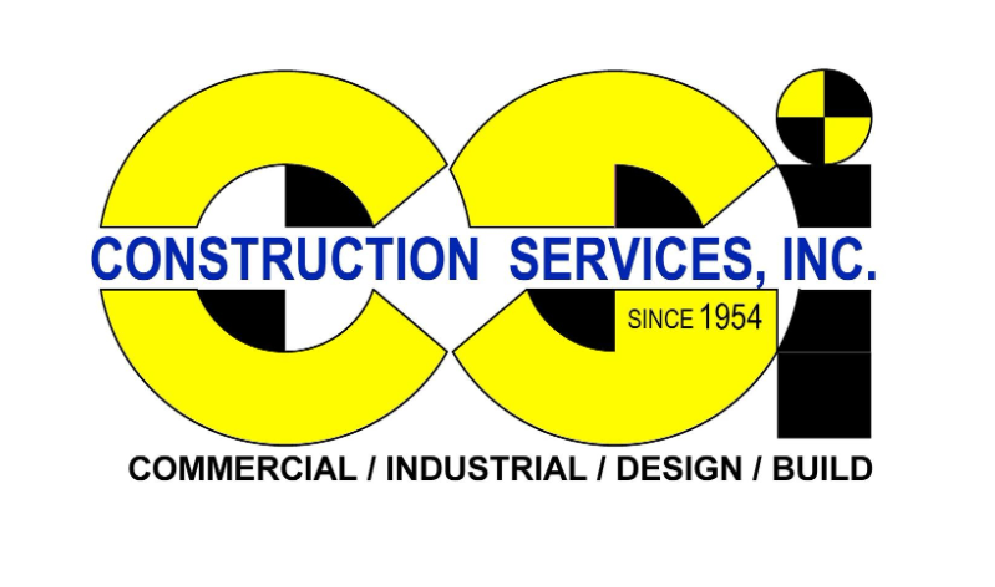
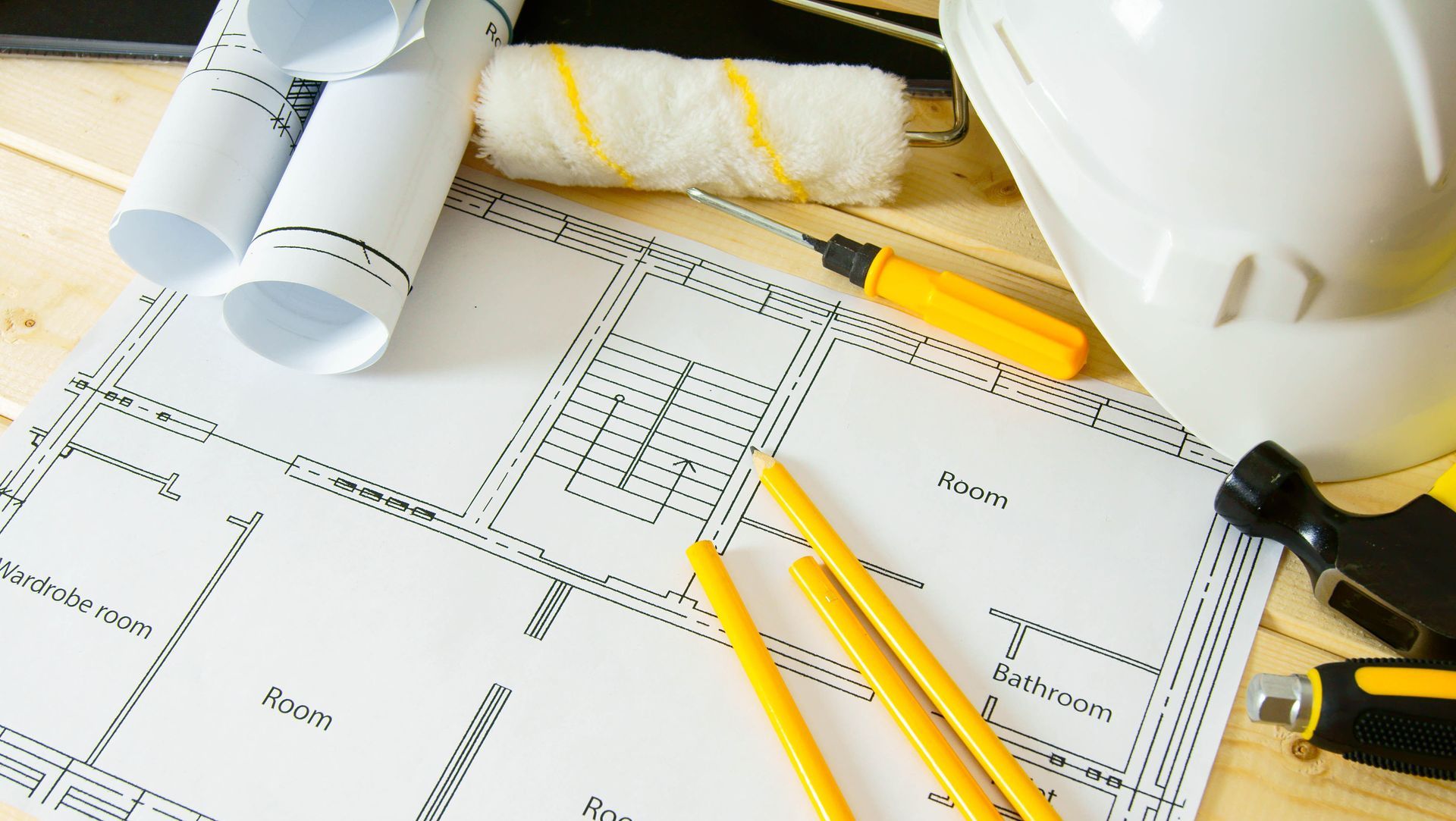
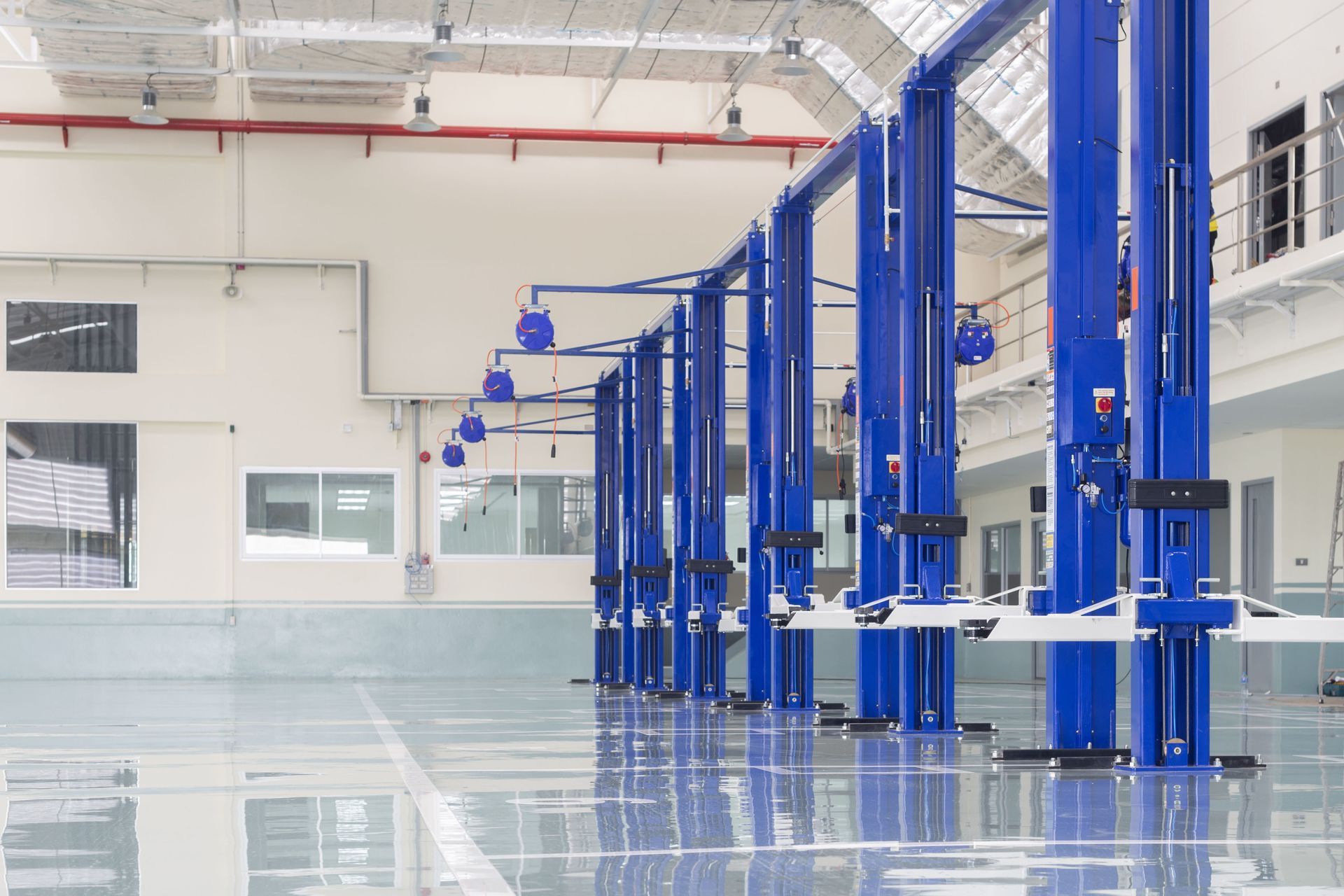
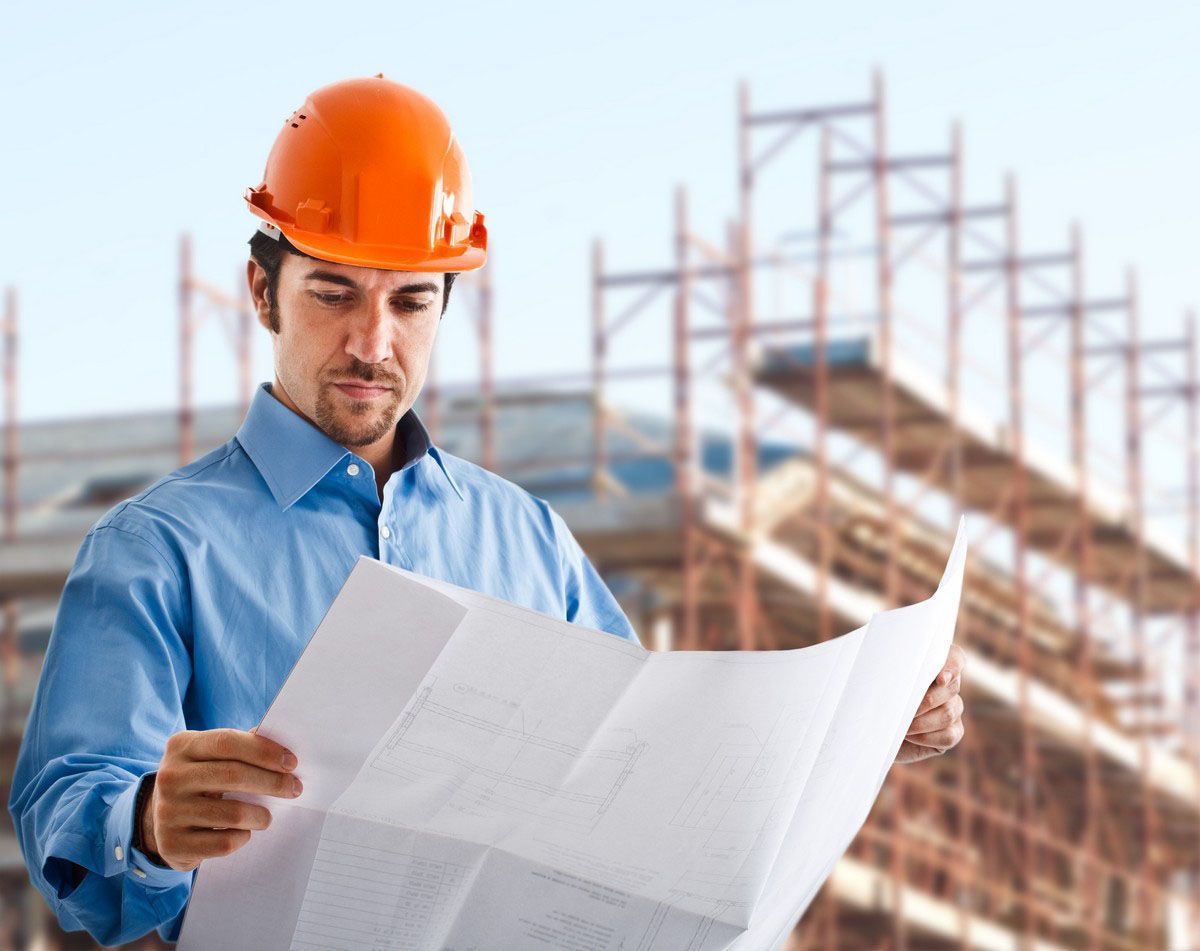
Share On: